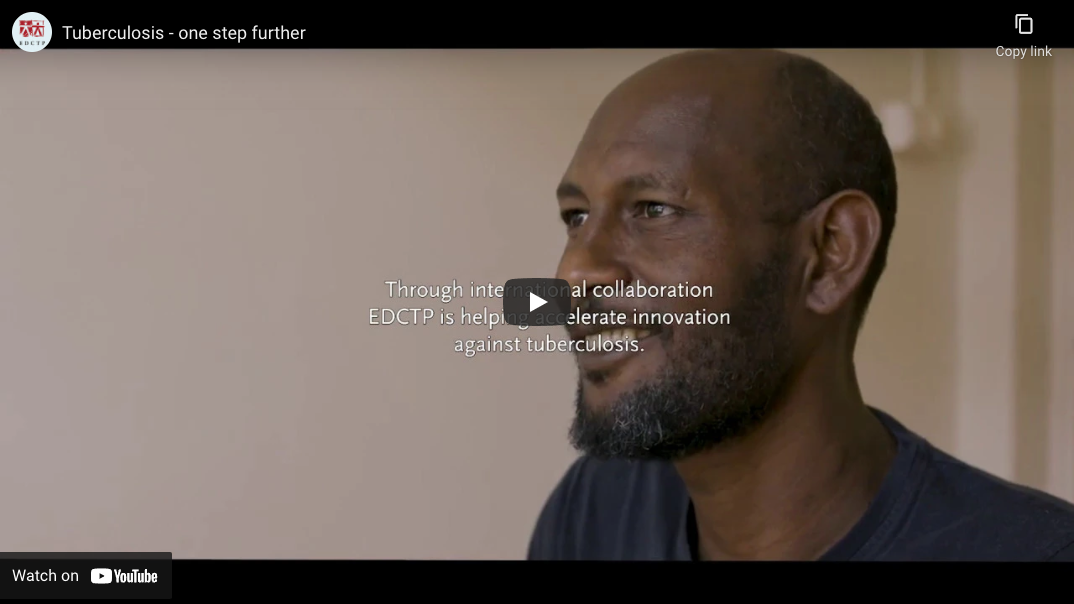Tuberculosis (TB) is caused by the bacillus Mycobacterium tuberculosis, which is spread when people who are sick with TB expel bacteria into the air (e.g. by coughing). The disease typically affects the lungs (pulmonary TB) but can affect other sites. Tuberculosis is curable and preventable. [Source: WHO]
EDCTP portfolio: Tuberculosis
Collaborative clinical trials and clinical research (2014-2021)



